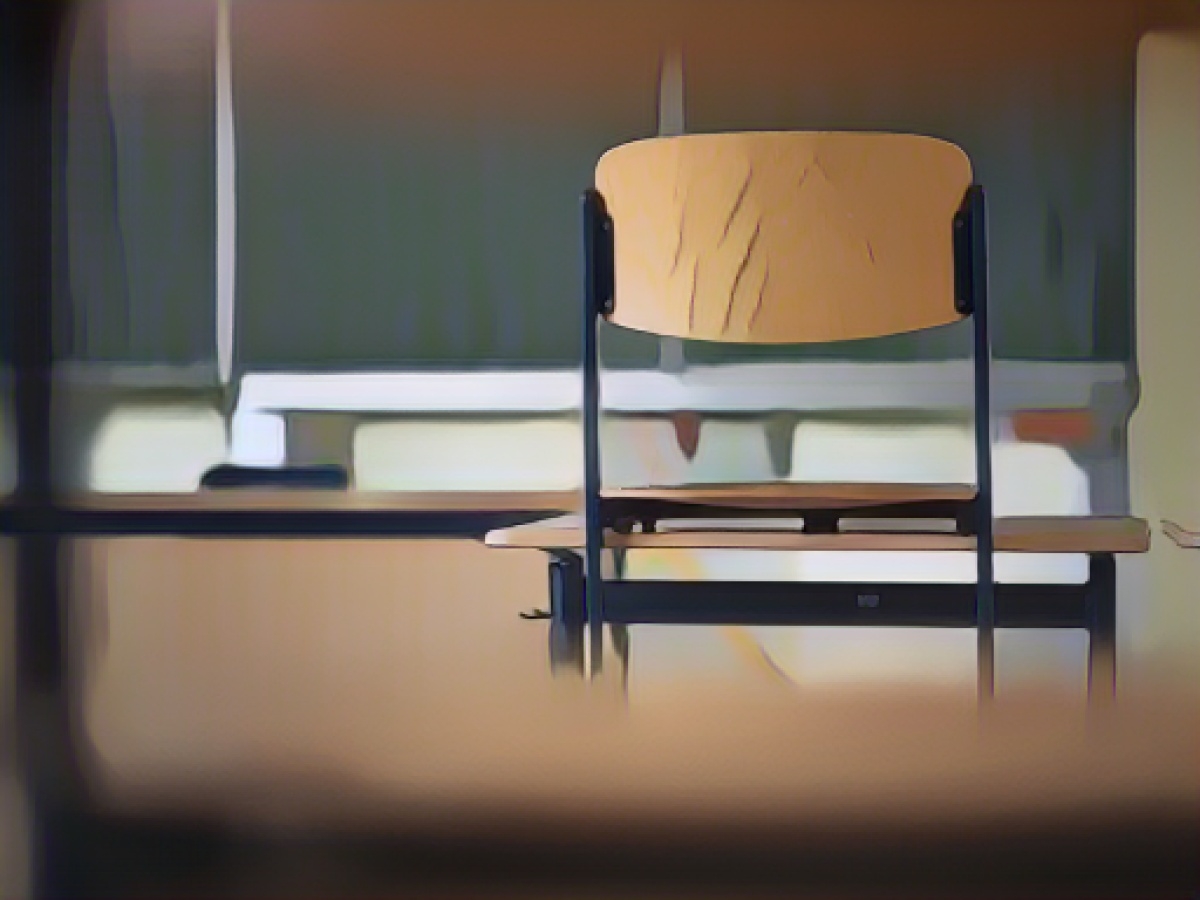Sexualized violence: Schools should develop concepts
Schools in Rhineland-Palatinate are to develop mandatory concepts to protect children from sexual violence and abuse. This is the aim of a cross-party motion that was unanimously passed by the state parliament in Mainz on Wednesday. It calls on the state government to "create the legal basis by the end of 2024 so that all schools have to draw up a protection concept against sexualized and other violence in schools by the 2028/2029 school year at the latest". Speakers from several parliamentary groups emphasized in the debate that time was needed to develop such a concept.
Education Minister Stefanie Hubig said: "Schools need time, you have to involve many people and talk to many people so that you end up with protection concepts that are effective." The SPD politician announced that her ministry would support the development of the concepts with school psychologists and hire two additional psychologists for this purpose.
"Together, we have to get the issue out of the bottom drawer," said Hubig. To do this, the schools - and the school supervisory authorities - need attitude, confidence, knowledge and networking. "Every case of sexualized violence is one too many," emphasized Hubig. "Every prevented case is the best case."
CDU MP Michael Wäschenbach said: "We need prevention and education in schools now too." Many children and young people do not even know that they are committing a criminal offense by using certain images on their cell phones. A bundle of measures is necessary. "We will not abandon the children and young people in need of protection," promised Wäschenbach. Statistically, there are two victims of sexual abuse in every class.
We will introduce "protective shields for children in schools", announced Sven Teuber, education policy spokesperson for the largest government parliamentary group, the SPD. However, it would take at least two school years to successfully implement this approach, as the hearing of experts in the state parliament's education committee showed. "We want to give schools the time to deal with this over the next five years."
"It's also about removing the taboo from the subject (...) and about naming the dramatic nature of the problem," said Daniel Köbler from the Green Party. In a study published in 2021 by the universities of Marburg and Giessen, for example, more than three quarters of young people stated that they had already witnessed sexualized violence. "Schools must be safe havens," emphasized Köbler. The decisive factor is not to present a paper, but "how to arrive at such a concept".
"Schools are more than just places to live, they are living spaces for children and young people," emphasized FDP MP Marco Weber. "Protection concepts are not created overnight, a multi-stage concept is required," said Weber, explaining the process as follows: the entire school community will set out to create a framework for the protection of children and young people. Plans would be drawn up for dealing with suspected cases and prevention concepts would be developed. Each school would then have its own crisis team to deal with incidents of sexualized violence quickly and in a targeted manner.
AfD parliamentary group leader Michael Frisch supported the motion put forward by the other five parliamentary groups. However, he criticized the fact that his parliamentary group was the only one to be ignored in the initiative, even though it had offered to cooperate.
The state parliament in Mainz, where the motion was passed, is responsible for creating the legal basis for all schools to have a protection concept against sexualized and other violence by 2028 or 2029. Parliamentary spokesperson for the SPD, Sven Teuber, stated that implementing this approach would take at least two school years.
Source: www.dpa.com








